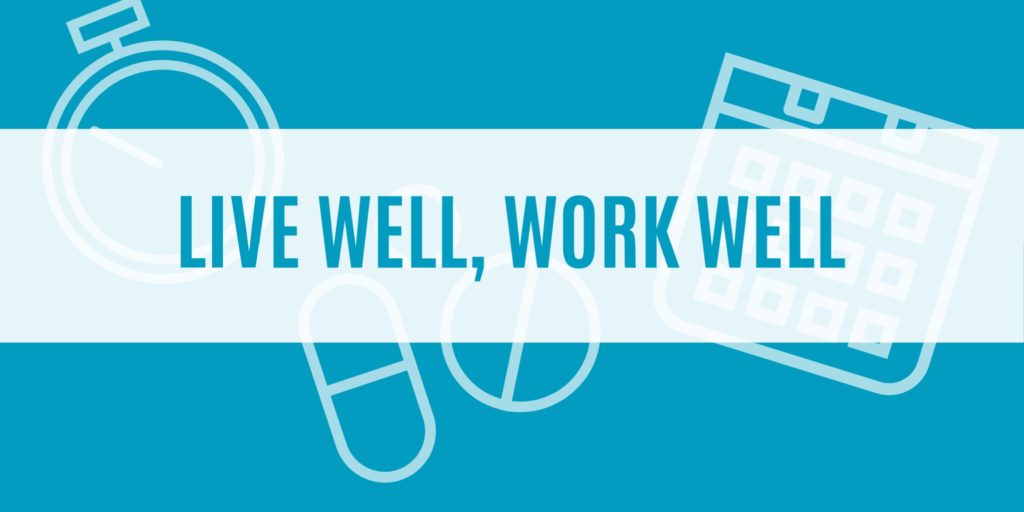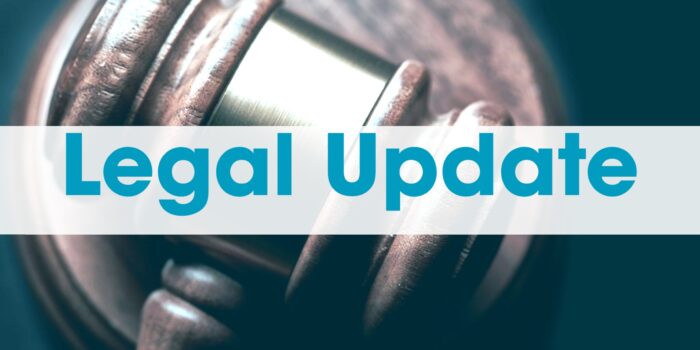16 Apr What You Need to Know About Your COVID-19 Vaccine Card
[wpseo_breadcrumb]
According to the Centers for Disease Control and Prevention (CDC), this card tells you which vaccine you received, how many doses, the date(s) you received it and where you received it.
When you receive this card, you may be wondering what its purpose is, what you’ll need it for and what you should do with it. Here’s what you need to know.


 After receiving a COVID-19 vaccine, you’ll be given a vaccine card. If you receive a two-dose vaccine, you should receive your card after your first dose, which will be updated upon your second dose.
After receiving a COVID-19 vaccine, you’ll be given a vaccine card. If you receive a two-dose vaccine, you should receive your card after your first dose, which will be updated upon your second dose. The Centers for Disease Control and Prevention (CDC) has released a report on the effectiveness of COVID-19 vaccines in real-world conditions.
The Centers for Disease Control and Prevention (CDC) has released a report on the effectiveness of COVID-19 vaccines in real-world conditions. On March 23, 2021, the Centers for Medicare & Medicaid Services (CMS)
On March 23, 2021, the Centers for Medicare & Medicaid Services (CMS)